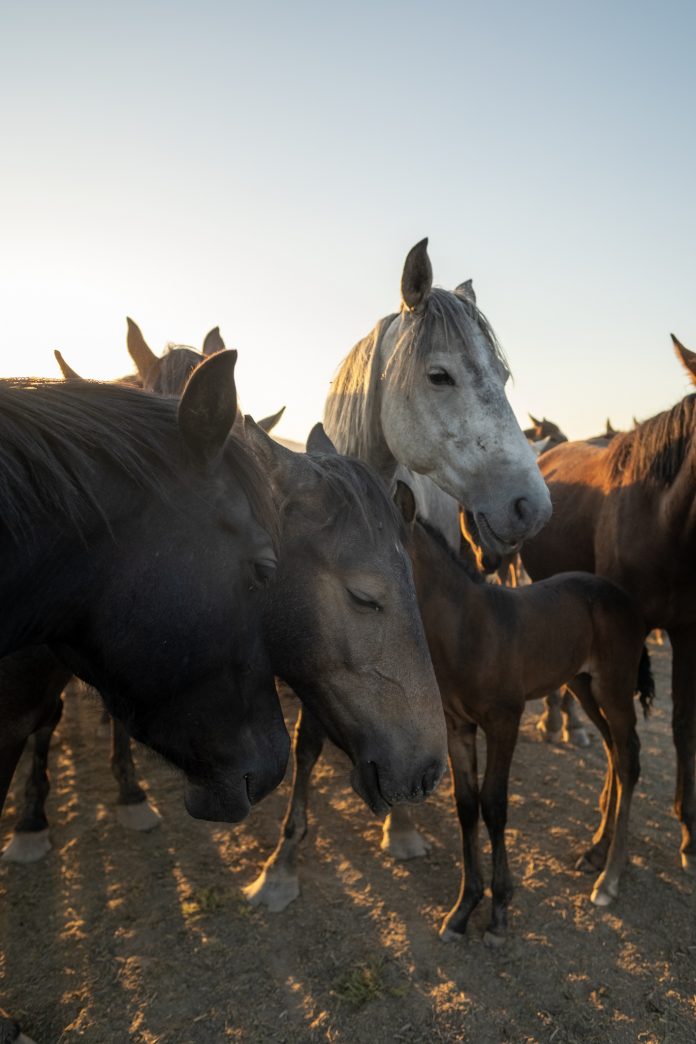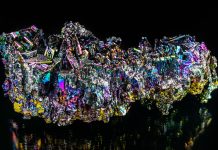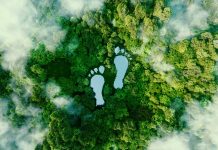Ellie Parravani, External Affairs Advisor at international animal charity Brooke, explains why a ‘One Health’ approach to climate change is vital to protect people, animals, and the planet
Climate scientists are predicting that 2023 will be the hottest year on record. (1) Many of us in the UK looked out of the window well into October, wondering how it had remained so warm and sunny for so long.
In tandem, many less wealthy countries continue to feel the devastating consequences of climate change. And it’s not just people who are affected. The animals that many rely on in their daily lives are impacted, too.
For instance, when Pakistan was hit by the worst floods in its history in 2022, millions of people were impacted. An estimated one million livestock perished in the floods, too. (2)
These livestock were people’s livelihoods.
Millions of families in Pakistan gain their income from livestock, (3) and millions more families are supported by working horses, donkeys and mules for their livelihoods. For people to recover from the catastrophic floods, it is important to support animals and people.
Brooke Pakistan played a pivotal role in providing food, water, shelter and access to medical treatments for 36000 animals affected by the flooding. The team built brick shelters in collaboration with local brick kiln owners, installed water pumps and worked with communities to provide better care for animals.
The effects of climate change can be slow yet life-changing
We see the impact of climate change most visibly in these huge, sudden disasters. But sometimes, the effects of climate change are slow yet life changing.
Climate change could increase the risk of infectious diseases, including diseases that can pass from animals to people. (6) Environmental destruction brings wild animals, domestic animals and people living closer together, which also increases the risk of these diseases.
For working horses, donkeys, and mules to keep providing such an essential service to families, they must be supported by an effective animal health system. In other words, their owners need to be able to access quality healthcare services that are staffed by qualified animal health practitioners who have access to veterinary medicines and vaccines.
This means that working equids can have a life worth living while supporting families to have a secure income and access to food and water and help them become resilient to climate shocks.
Nicaragua – a country with the highest population of working equids in the region – is highly vulnerable to the effects of climate change. (4)
Nicaragua’s ‘dry corridor’ is affected by extreme weather, whipped up by climate change. People living there face the effects of both sudden and slow-onset events. Those who rely on growing food to meet their own needs and for their livelihoods face massive challenges because of drought, erratic rain patterns, and soil erosion.
Working horses, donkeys and mules play a vital role for these people when disaster strikes and in rebuilding their lives afterwards. They are also valuable in helping people become resilient to the ongoing changes to the land – for instance, helping farmers to sow seeds during very short windows of suitable climatic conditions.
These animals help transport water, food, humanitarian aid, and provide vital transport to health services, and help families evacuate an area. In a recent study by Brooke Latin America, 57% of households in Nicaragua’s dry corridor need their horses and donkeys to be able to access safe water from community wells or streams. (5)
Working equids need structures and support systems in place to enable them to keep playing such a vital role to households. Brooke is urging governments around the world to view these devastating problems we face with a ‘One Health’ lens.
One Health: We are all connected
This means we want governments to recognise that the health of people animals, and our planet is deeply connected.
Climate change could increase the risk of infectious diseases, including diseases that can pass from animals to people. (6) Environmental destruction brings wild animals, domestic animals and people living closer together, which also increases the risk of these diseases.
For working horses, donkeys, and mules to keep providing such an essential service to families, they must be supported by an effective animal health system. In other words, their owners need to be able to access quality healthcare services that are staffed by qualified animal health practitioners who have access to veterinary medicines and vaccines.
This means that working equids can have a life worth living while supporting families to have a secure income and access to food and water and help them become resilient to climate shocks.
References
- https://www.weforum.org/agenda/2023/10/climate-2023-hottest-year-on-record/
- https://www.thebrooke.org/news/more-60k-people-and-animals-helped-brooke-following-last-year%E2%80%99s-flooding-disaster-pakistan
- https://www.climatelinks.org/sites/default/files/asset/document/2017_USAID_ Nicaragua%20Climate%20Change%20Risk%20Profile.pdf
- https://www.thebrooke.org/sites/default/files/Downloads/Brooke-Annual-Research-Review-2022.pdf











